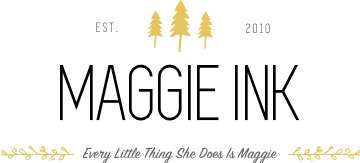I was trying to come up with an interesting method reviewing numbers with my English students in Kigali, Rwanda.
Bingo!
I’ve never given too much thought to the game until I started making cards from scratch. (Like, why there is a free square? I’m still puzzling over that.) But I had a hunch this would be a great way to integrate learning with fun.
Armed with my new paper cards and a jar full of bottle caps, I was ready to go.
And so were they.
The most best part of the lesson: Teaching everyone to stand up and scream, “BINGO!” when they have five bottle caps in a row.
As prizes, I bought a stack of English-Kinyarwandan pocket dictionaries. The books are intended for tourists in Rwanda, but they contain enough practical English phrases that my students can use.
The game was a definitive hit. So much so that I made new cards, using words they’ve learned instead of numbers. (In addition to helping them quickly recognize written words, the winner had to define each word on their card for the class.)
My class wanted to play round after round, begging me to extend class just a few more minutes … and then a few minutes more.
Of course, bingo here means much more than bingo. My class is made up of people who have had trouble making ends meet ever since the 1994 genocide. Now they come to the school to learn a trade, like sewing, jewelry making and basket weaving. With some English under their belts, they can sell their goods at the market, local gift shops and hotels, as well as communicate with tourists and visitors.
Here bingo is not just a game — it’s a ticket to something better.
And I couldn’t be more proud of them.



No Comments